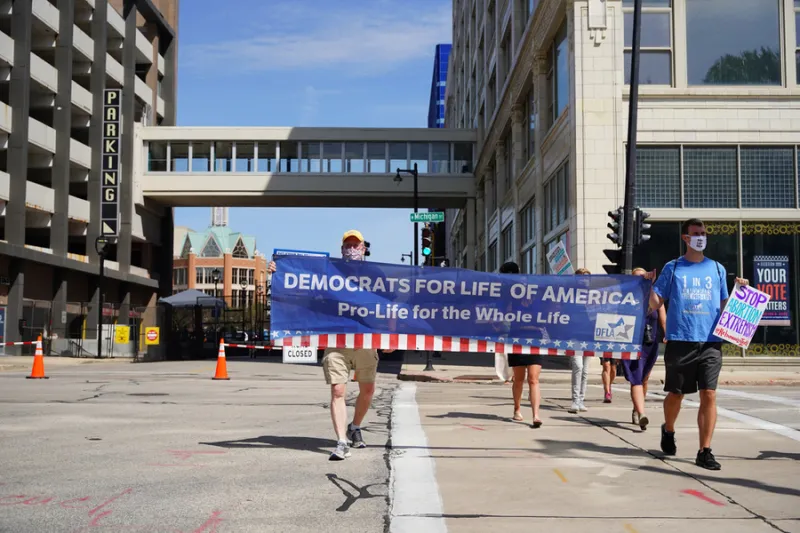
Washington D.C., Jul 17, 2021 / 15:01 pm (CNA).
Donna Edwards, the first lady of Louisiana, has joined the advisory board of Democrats for Life, the pro-life group announced this week.
Edwards, the wife of Gov. John Bel Edwards, (D-La.) is a former teacher and mother of three.
“We’re so excited about her joining,” Kristen Day, executive director of Democrats For Life of America, told CNA in a phone interview July 16.
Day said Edwards has “a really great perspective,” to offer Democrats for Life as a woman who was once advised to have an abortion and refused. Day also commended Edwards’ work as first lady on issues like foster care.
“They’ve done just amazing things from a whole life perspective, she’s promoted the whole life vision that we support” Day said. “We value her input and her leadership.”
The Edwards are an example of how pro-life Democrats can succeed, Day said, since the governor has accomplished Democratic priorities and signed pro-life legislation, and the couple are “inspiration to pro-life Democrats around the country.”
“We have these Democrats in Louisiana who are able to show this is a solid position and a winning position,” Day said.
Day praised Edwards for her support of the Hyde Amendment in particular, and lamented that the House Appropriations Committee on Thursday advanced a funding bill for fiscal year 2022 without the pro-life provision.
“Our party is wrong on this issue,” Day said. “When we talk about protecting all these other lives, and ignore the most vulnerable, it’s out of step with the mission.”
If you value the news and views Catholic World Report provides, please consider donating to support our efforts. Your contribution will help us continue to make CWR available to all readers worldwide for free, without a subscription. Thank you for your generosity!
Click here for more information on donating to CWR. Click here to sign up for our newsletter.






Leave a Reply